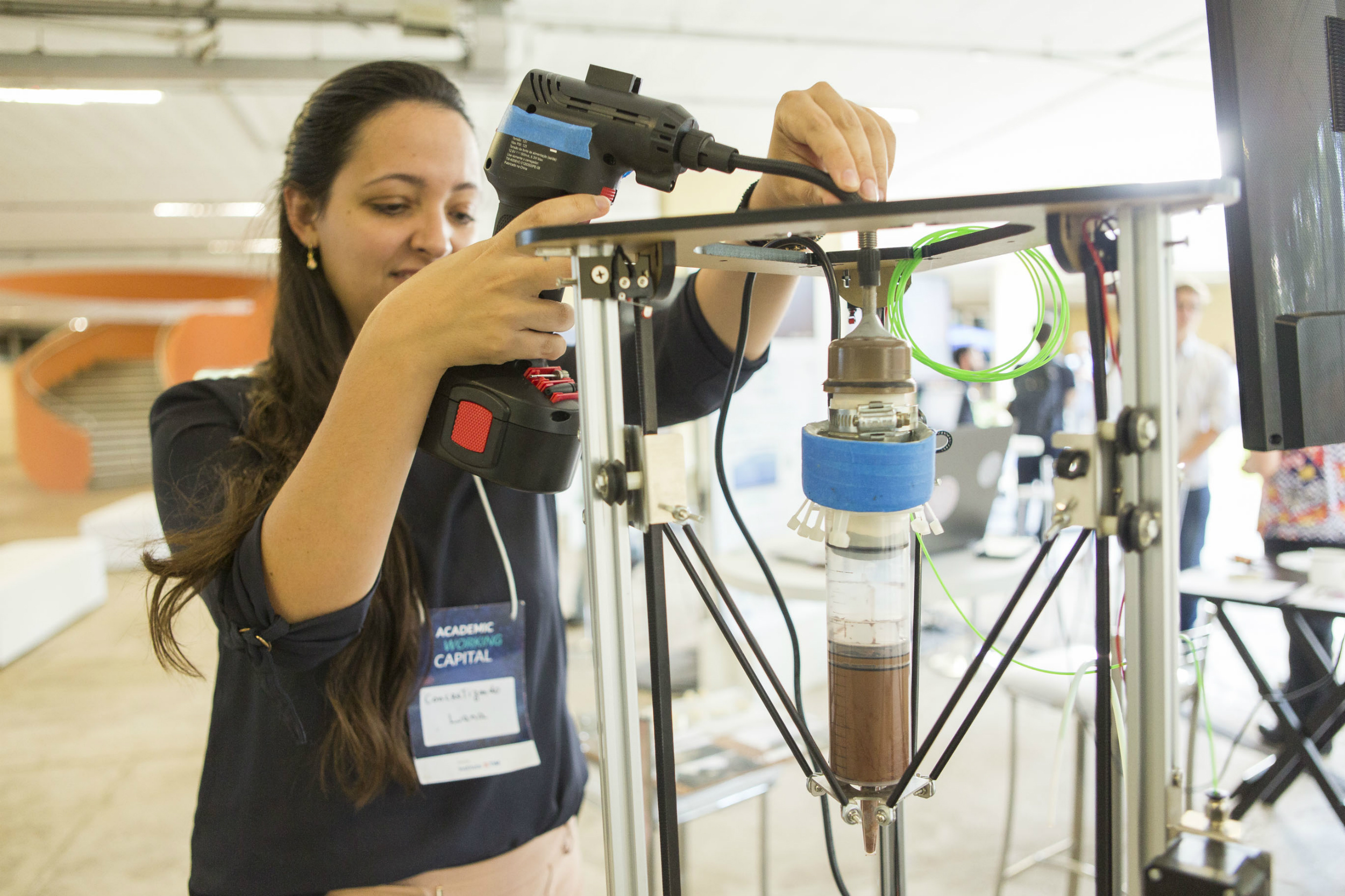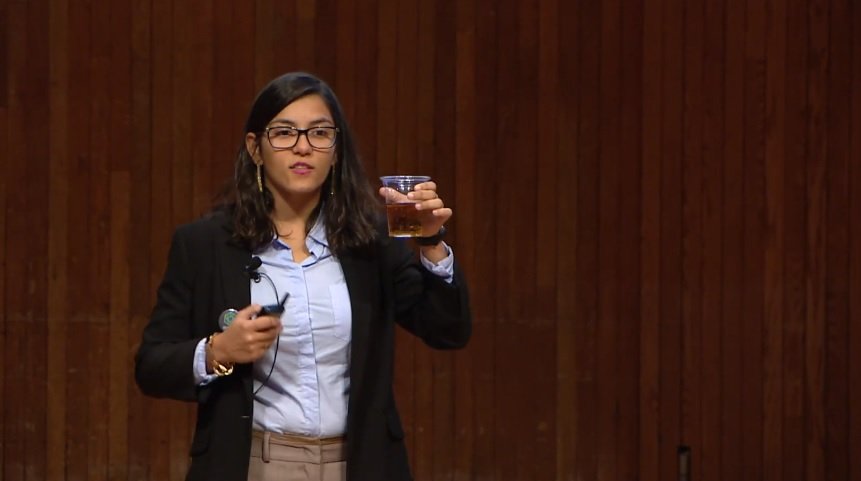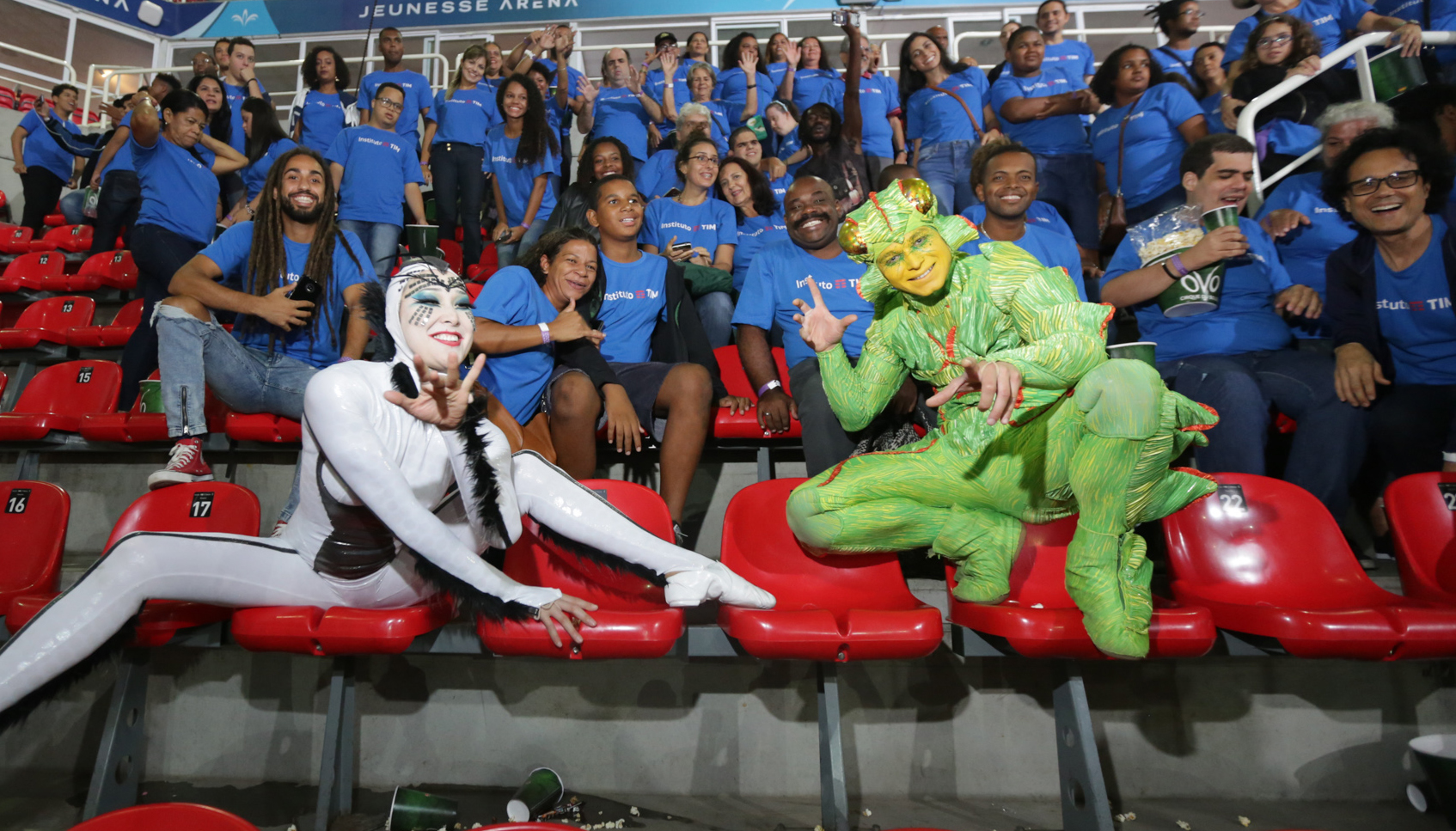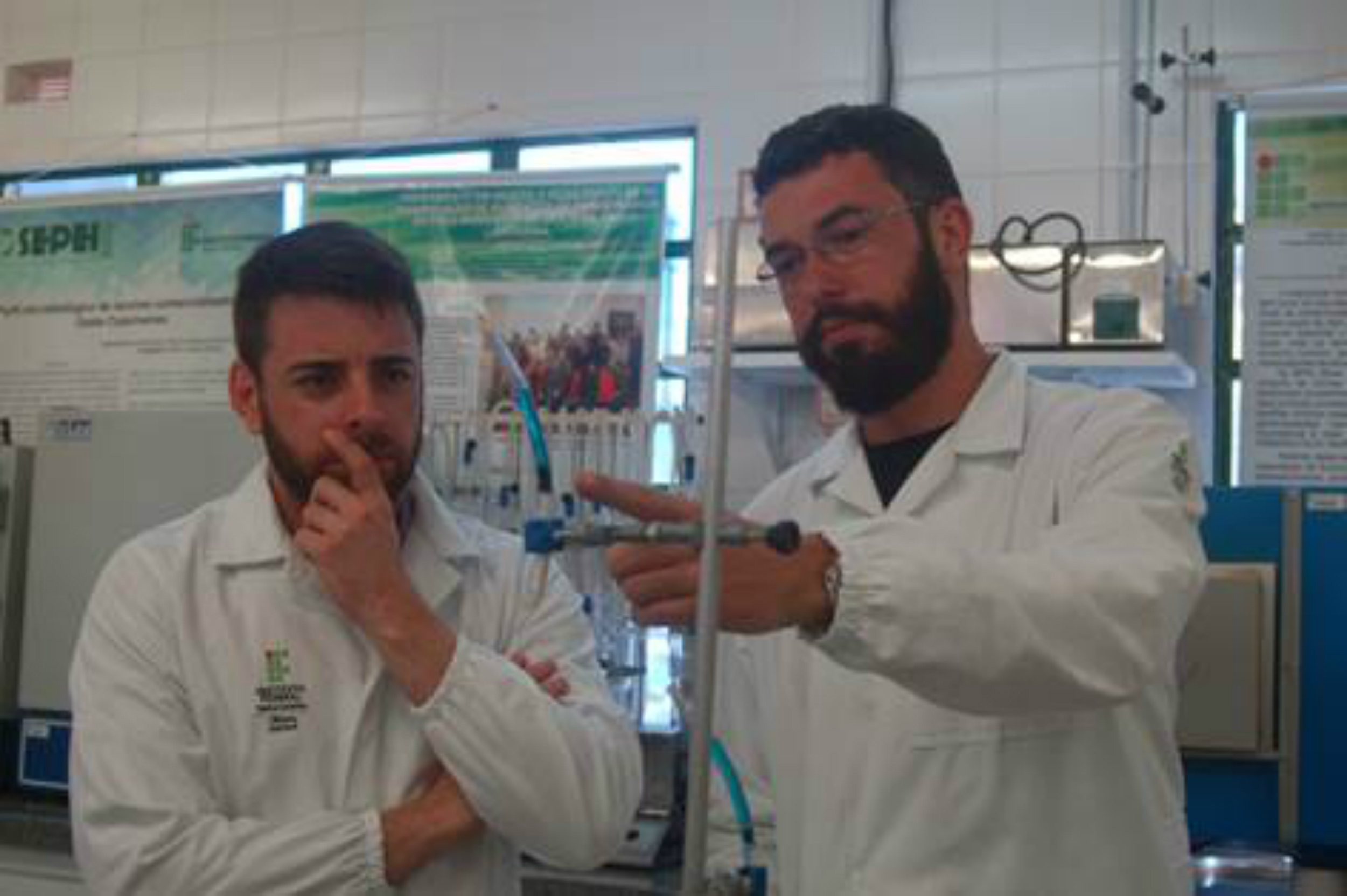
Part of the content that makes up the TIM Faz Ciência methodology is now Open Educational Resources (OER). Since August this year, the eight notebooks for the teacher and the notebook for students available on the Instituto TIM website are published under the Creative Commons License (CC BY-AS), allowing them to be used, adapted and distributed by anyone. Tim Faz Ciência was developed and implemented by Instituto TIM with a methodology based on the assertion of the thinker Neil Postman, that all knowledge is the result of intellectual operations Observe, Verify, Classify, Question, Define, Apply and Generalize. The project has already involved more than 3.9 thousand schools, 11 thousand teachers and 330 thousand students in the 4th and 5th years of Elementary School.
Democratizing knowledge for human development is part of Instituto TIM’s mission and Open Educational Resources are becoming an important tool for expanding access to education and improving the quality of education. The term OER was adopted in 2002 during a forum of the United Nations Educational, Scientific and Cultural Organization (UNESCO) and since then it has been debated around the world and drawing the attention of researchers, educators and governments for representing an economic alternative for the democratization of Education.
To better understand its meaning, Instituto TIM spoke with educommunicator Priscila Gonsales, one of the founders of Instituto Educadigital, a civil society organization awarded internationally for its work for the cause of open education associated with the promotion of digital rights. According to Priscila, Open Education is a historic movement that today combines the tradition of sharing good ideas among educators with a digital culture based on collaboration and interactivity. “It promotes the freedom to use, change, combine and redistribute educational resources based on the use of open technologies, prioritizing free software and open formats, and involves principles related to open pedagogical practices, with a focus on inclusion, accessibility, equity and ubiquity”, explains. Inclusive, equitable and quality education is the 4th UN Sustainable Development Goal (2030 Agenda) which highlights technology in the development of knowledge societies. Read the full interview:
What are Open Educational Resources (OER)?
Within Open Education, there are OERs that are teaching, learning and research materials, fixed in any support or media, it can be an image, an audiovisual resource or a printed book, which are in the public domain or openly licensed, allowing them to be used or adapted by third parties. According to Brazilian copyright law, a work is only in the public domain 70 years after the author’s death and can only be used with authorization. To be OER, it is enough that the material has an open license. An Open Educational Resource differs from other digital resources by three basic principles: it is composed of learning contents, uses an open technical format and has an open license. These are educational content that have, by default, authorization for a number of legal uses and that can be easily modified. In summary, there are three main elements on which OER are based: content, technological tools and legal resources. The most used license within the scope of OER is Creative Commons.
Is the trend worldwide?
As an example of the maturity and global scale of the movement, UNESCO constructed a document with recommendations presented at the General Assembly in 2019. This means that member states must periodically report to UNESCO on progress made in this regard. The recommendations are: expand the capacity of actors to create, access, adapt and distribute OER; develop support policies, encourage the inclusion and equity characteristics of OER, encourage the creation of sustainable models and promote and strengthen international cooperation around Open Educational Resources. UNESCO also created a coalition initiative called Open Educational Resources (OER) to support governments to implement incentive projects.
In Brazil, how is the movement?
Today we have the network of Open Education Leaders trained by UNESCO in an unprecedented training that I coordinated in 2020 and 2021. They are educators and educational managers who will start to disseminate the concepts and principles related to open educational policies. Brazilian projects and initiatives are being included in the Global Map of OER. We also have the Open Education Initiative, which is a research group from the University of Brasília (UnB), with applied research, development of projects and open platforms, mentoring for public management, in addition to advocacy for the cause. Our work enabled the approval of Bill 1513/2011 in two commissions (Education and Culture) and also generated a ministerial decree 451/2018. These are important legal milestones.
What are the possible impacts of OERs on Education?
The adoption of OER in public education can generate several impacts, both economic and social, in addition to being a way of guaranteeing digital rights in the public service. Using openly licensed materials is an excellent way to expand access to education by making good use of public money because of resource savings. In addition, it is an incentive to make continuous improvements in the materials used in the classroom, always focusing on the quality of teaching. The OER also help to enhance the local culture, as it is possible to adapt and customize it according to the reality of each school. I also mention the possibility of being a stimulus to the continuing education of teachers, who increase their own repertoire by having access to the platforms that contain these materials. And more than that: training aimed at a culture of collaboration. The inclusion of Open Educational Resources in the classroom can undoubtedly bring a number of benefits to schools.
Discover some REA Platforms:






































































































